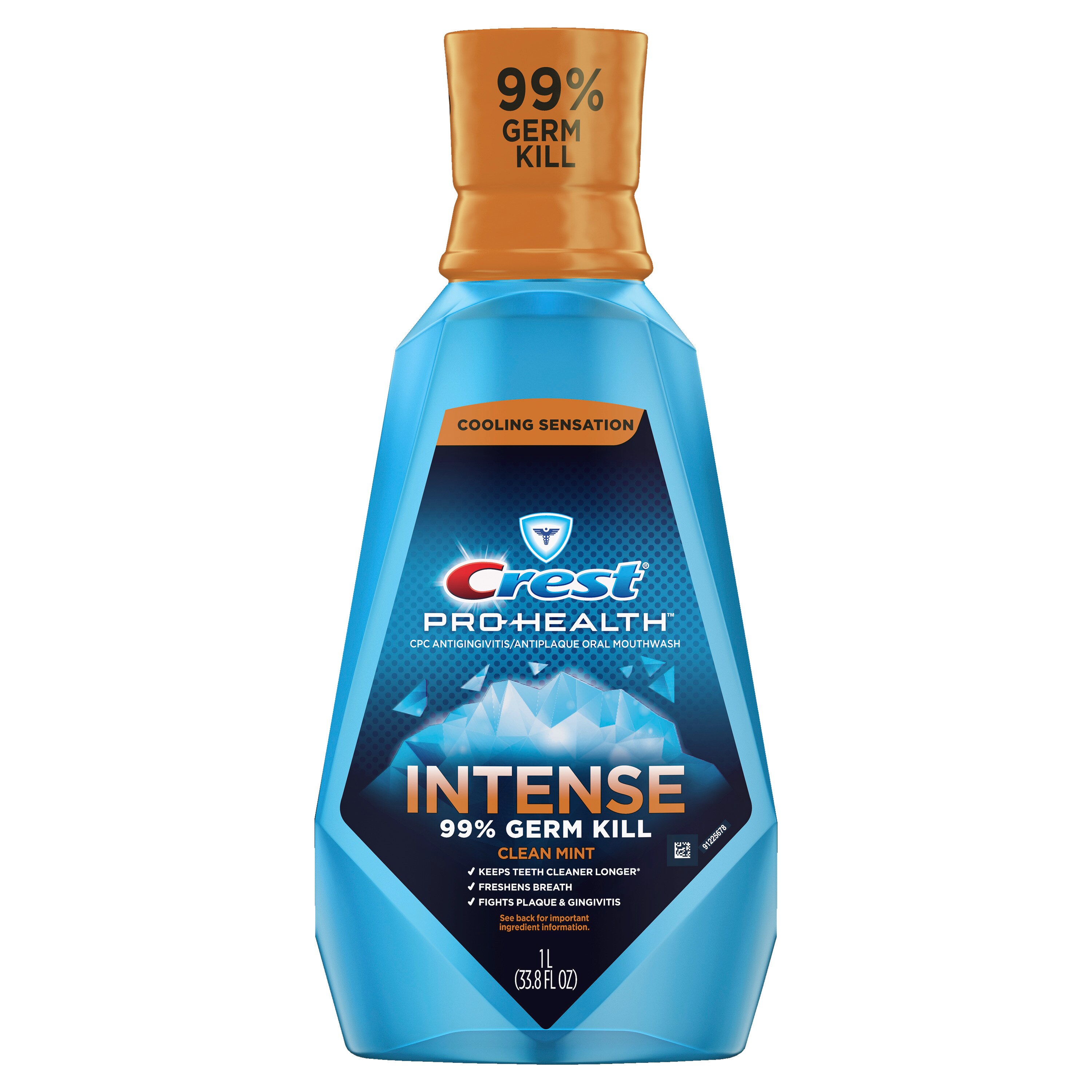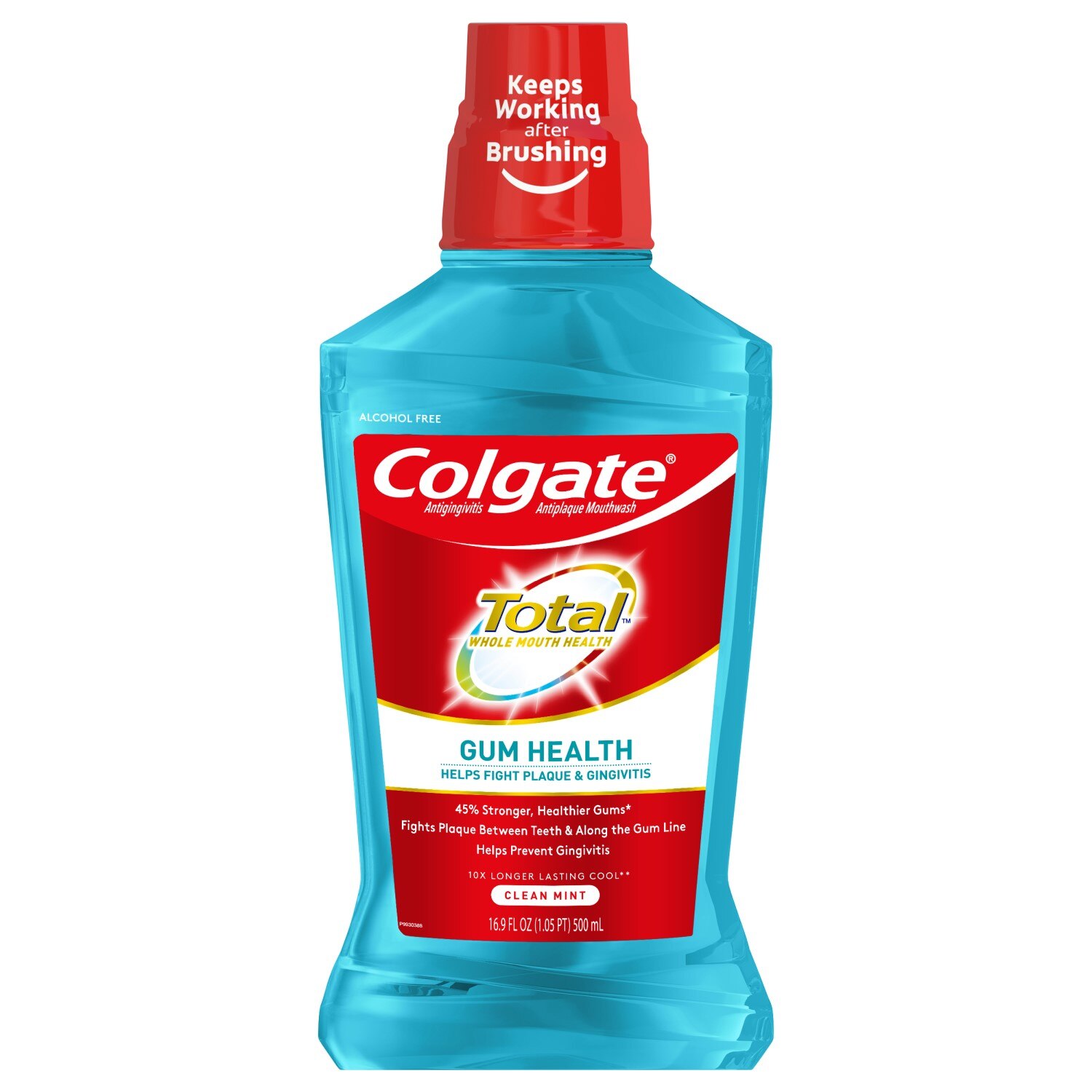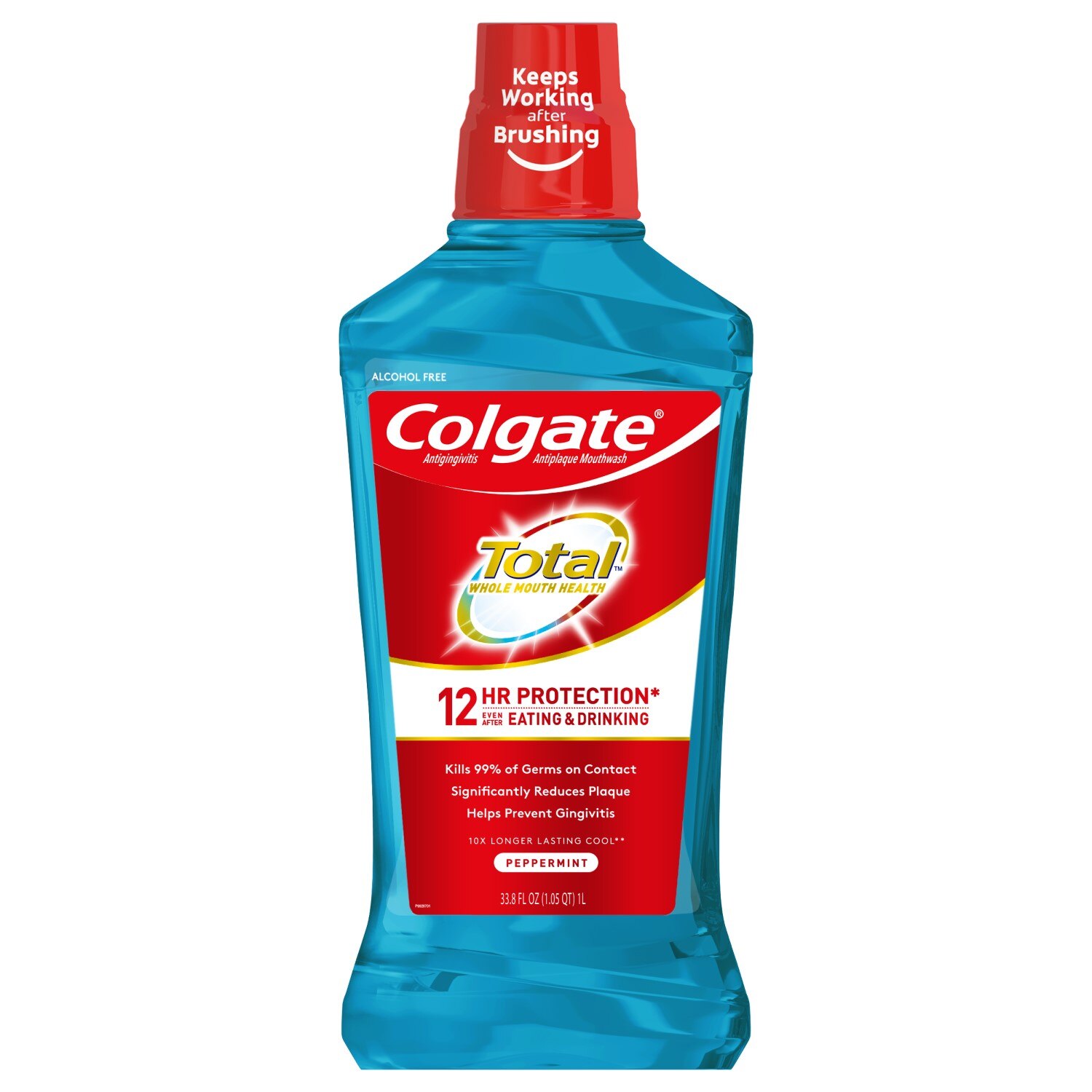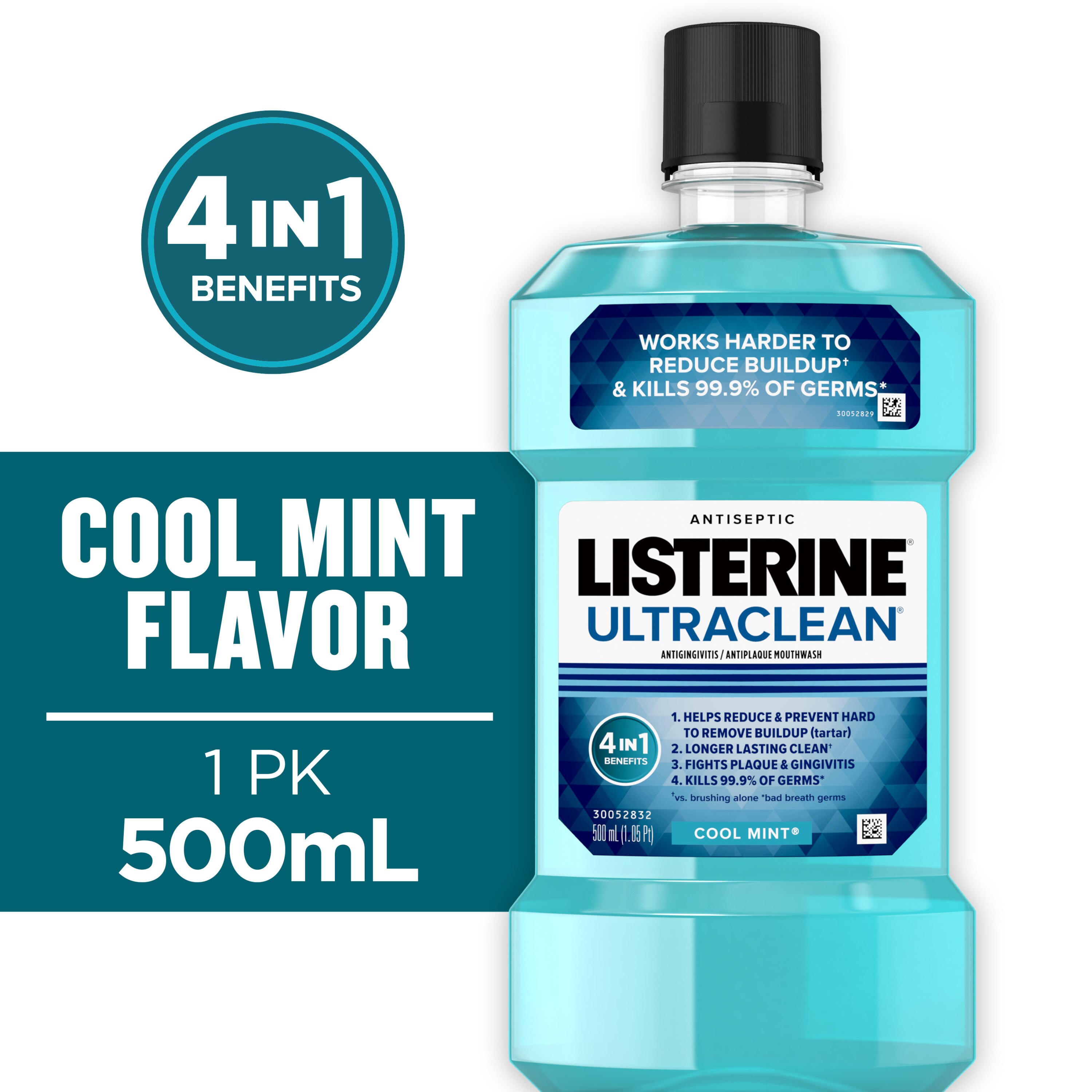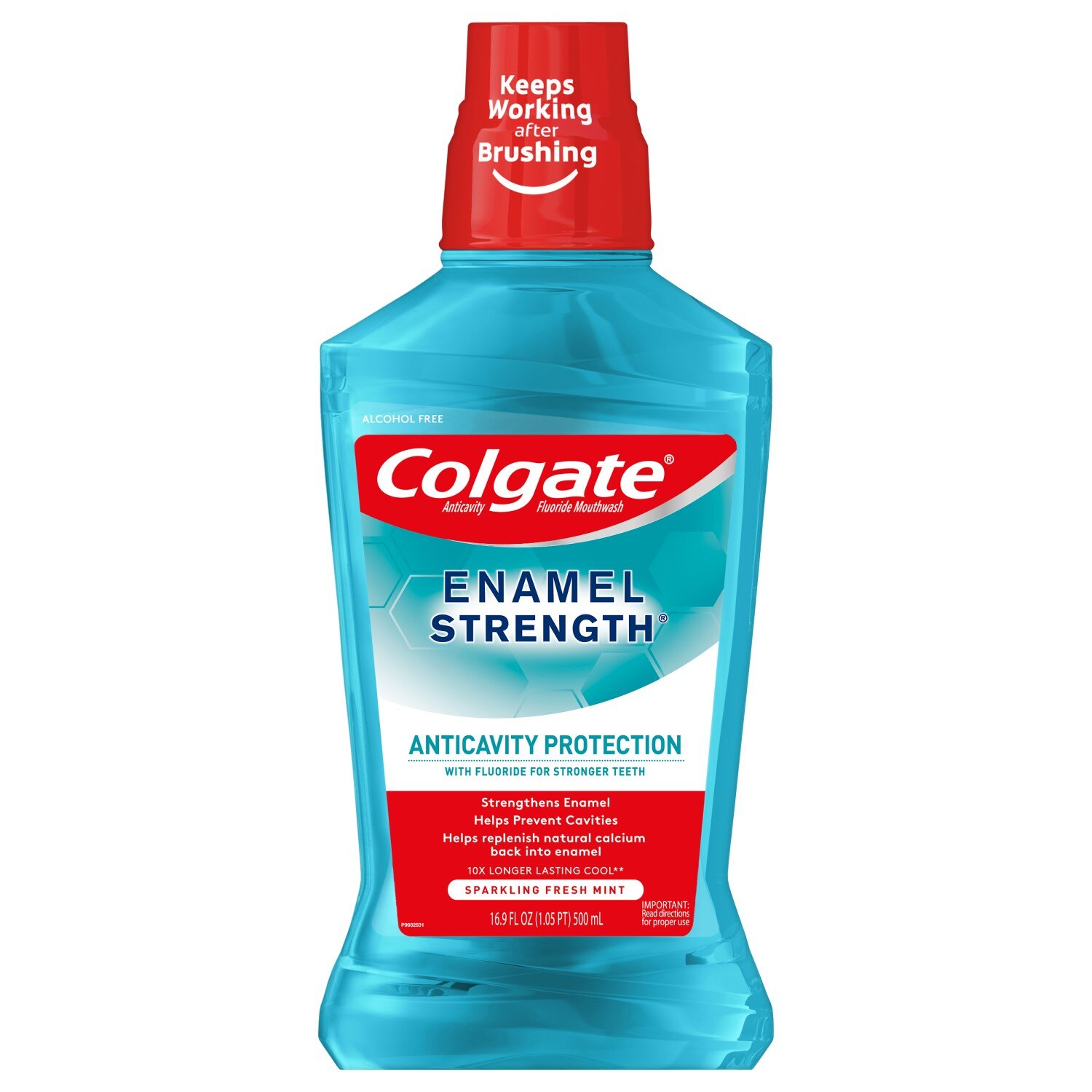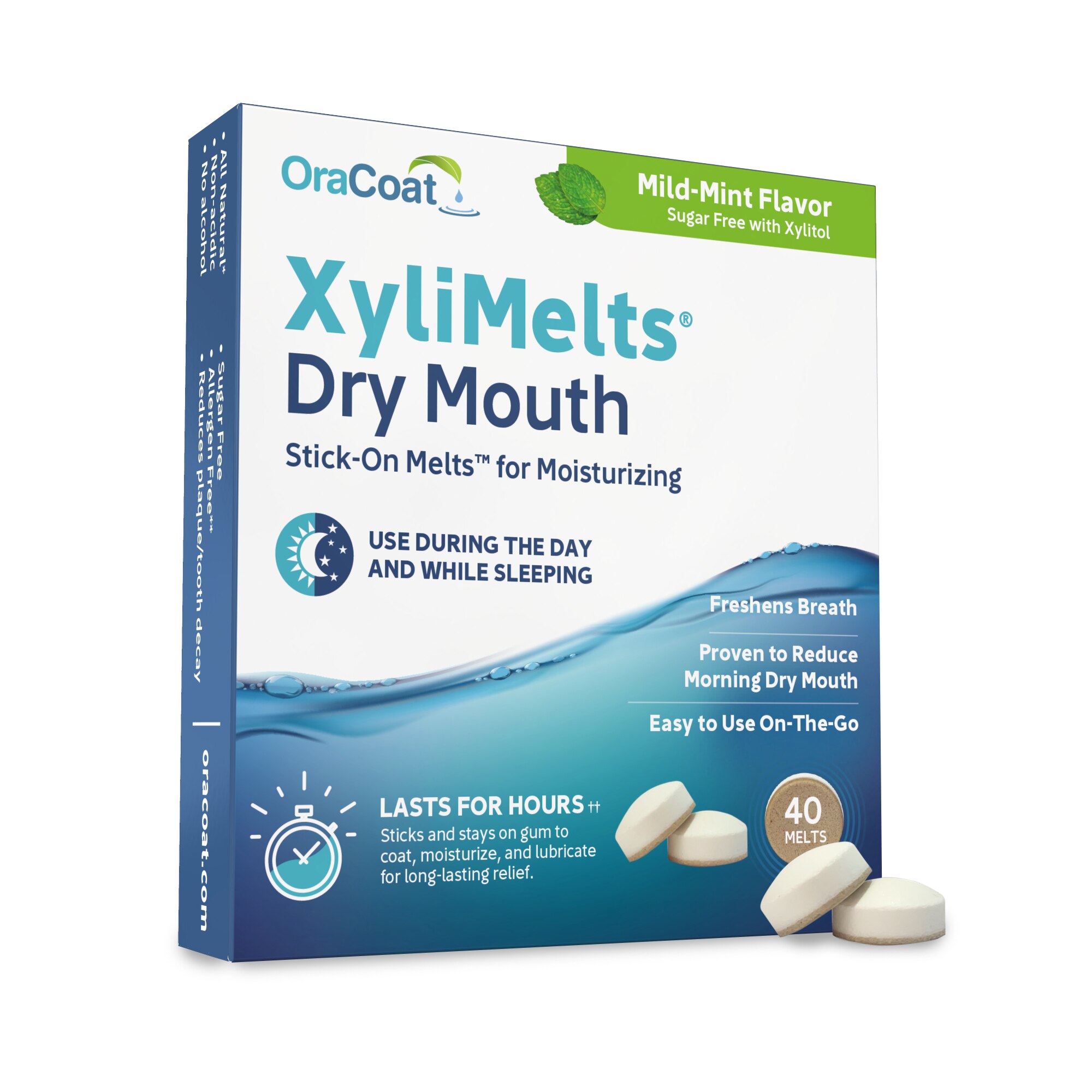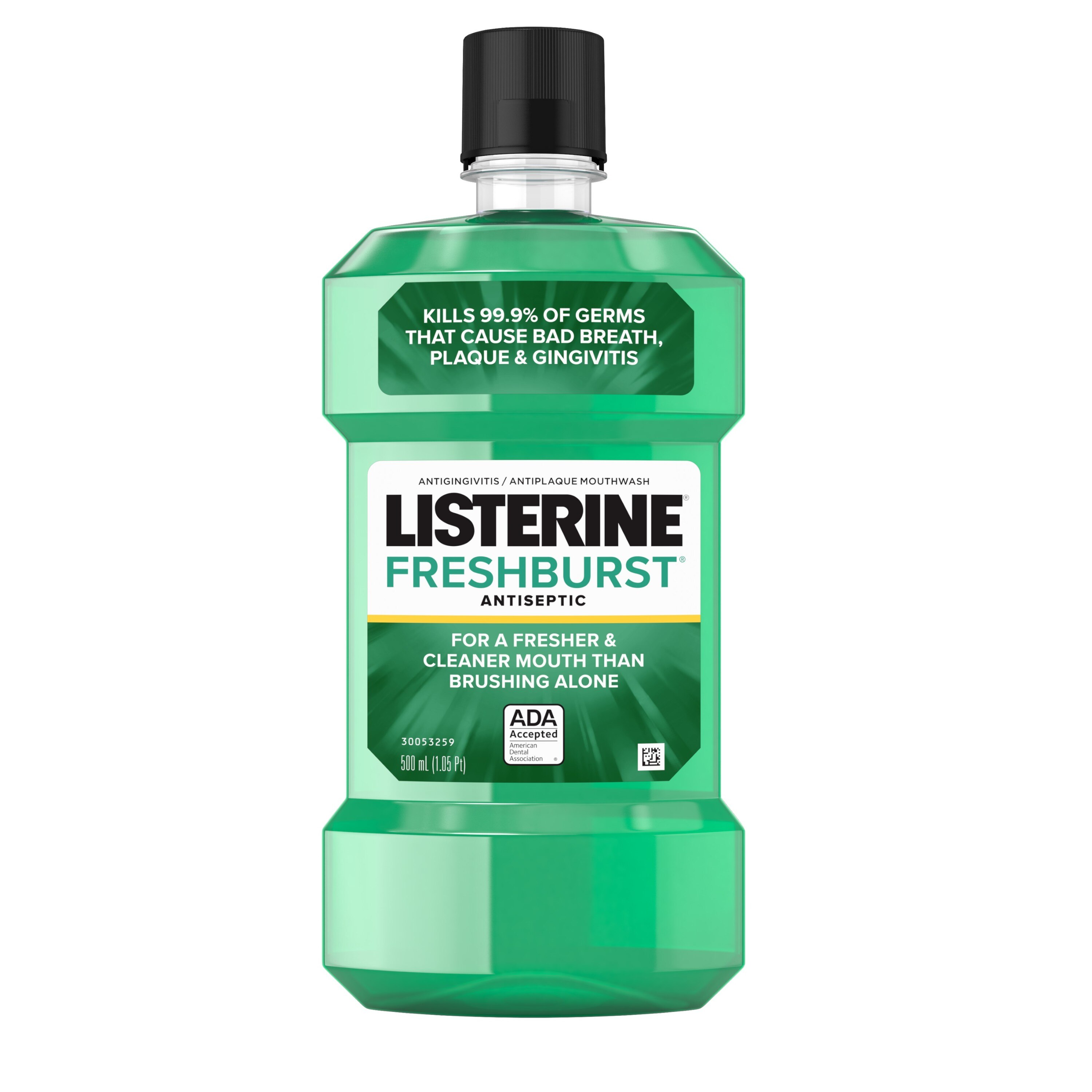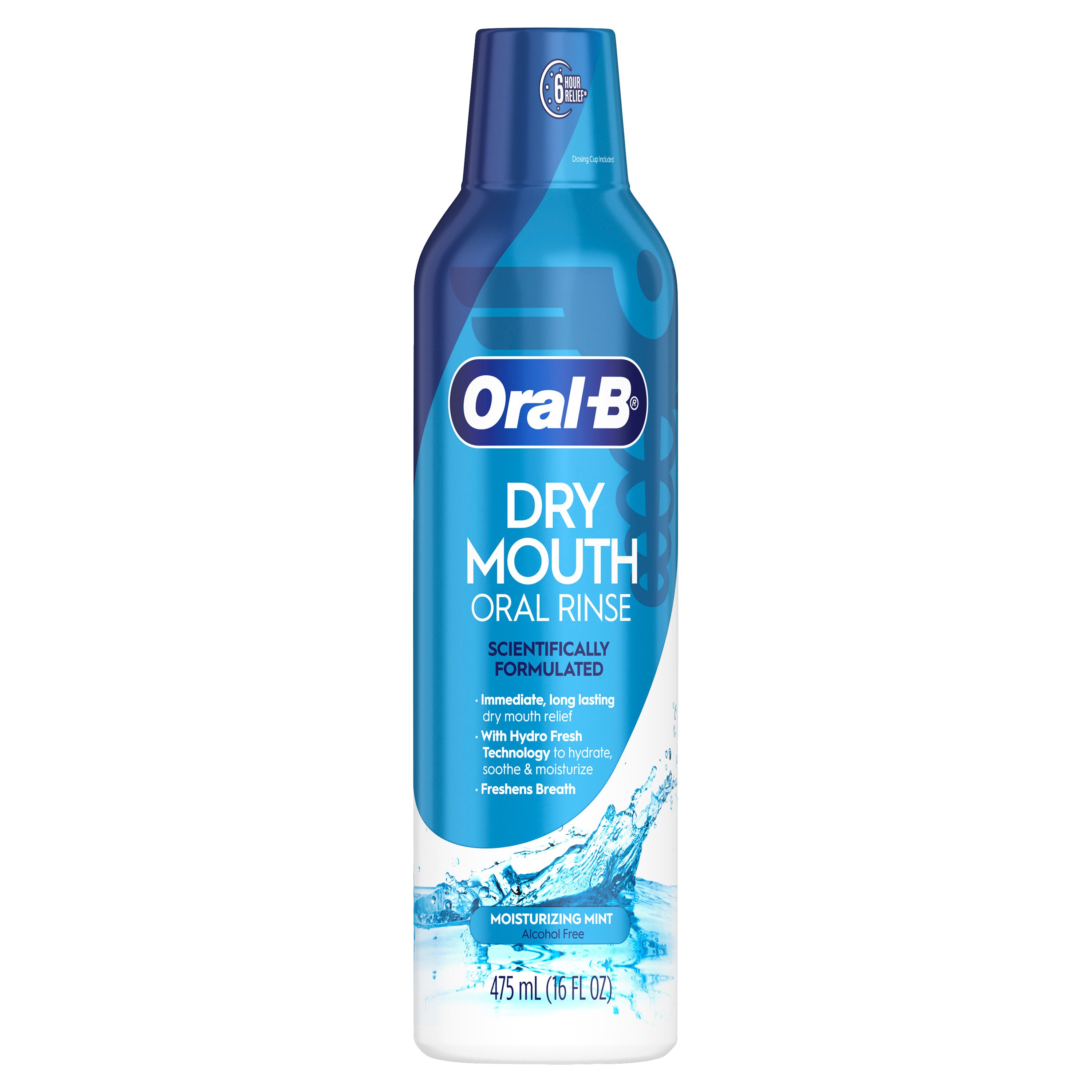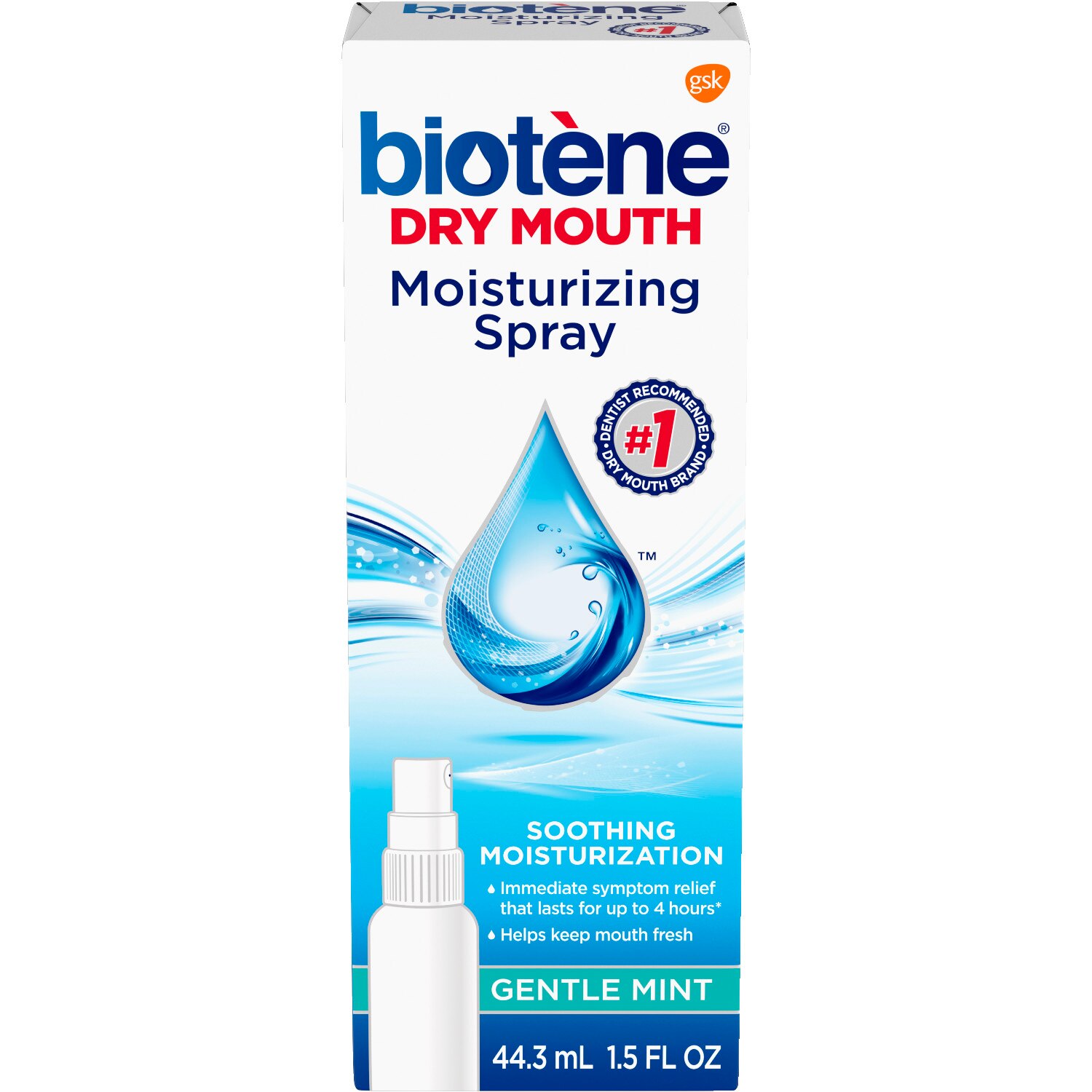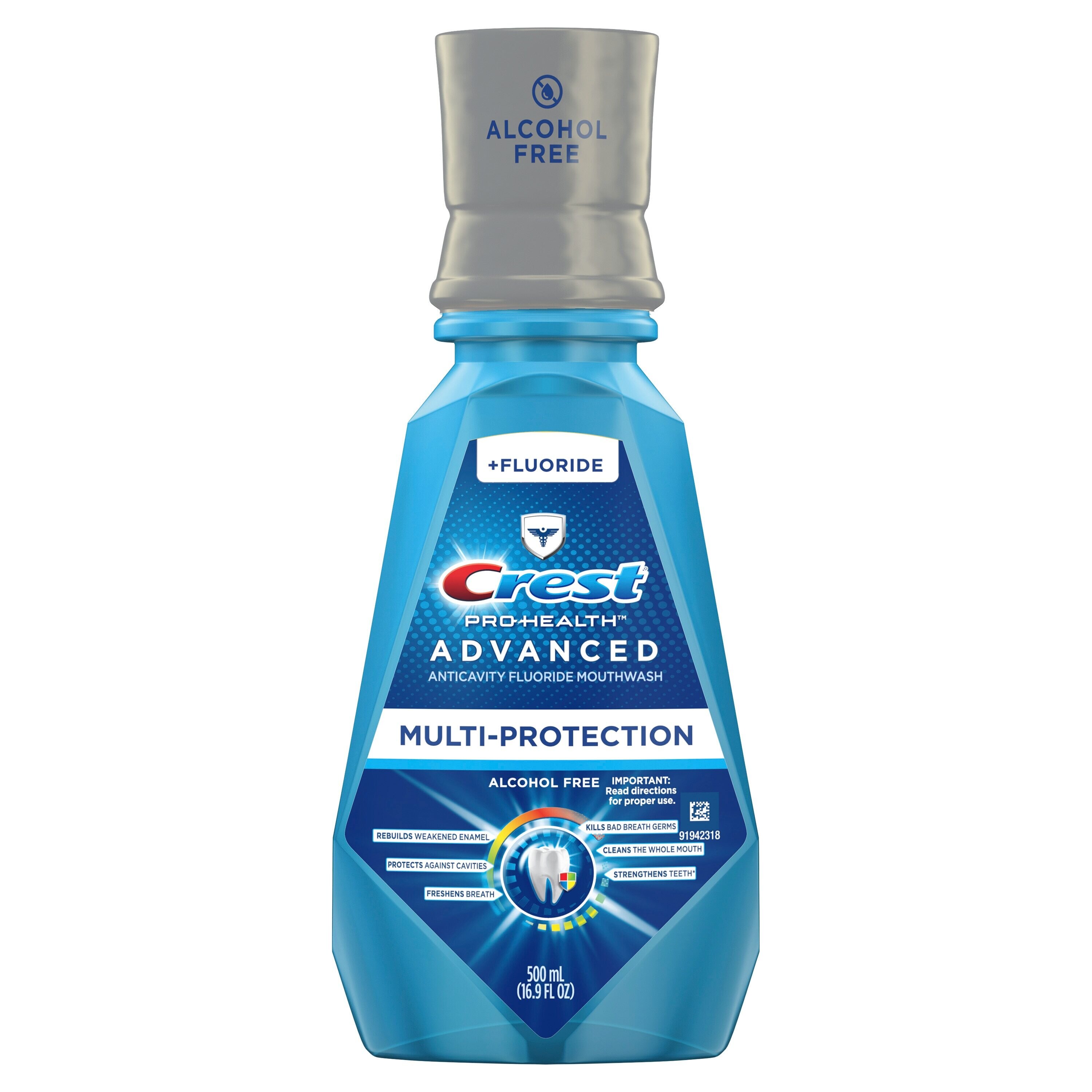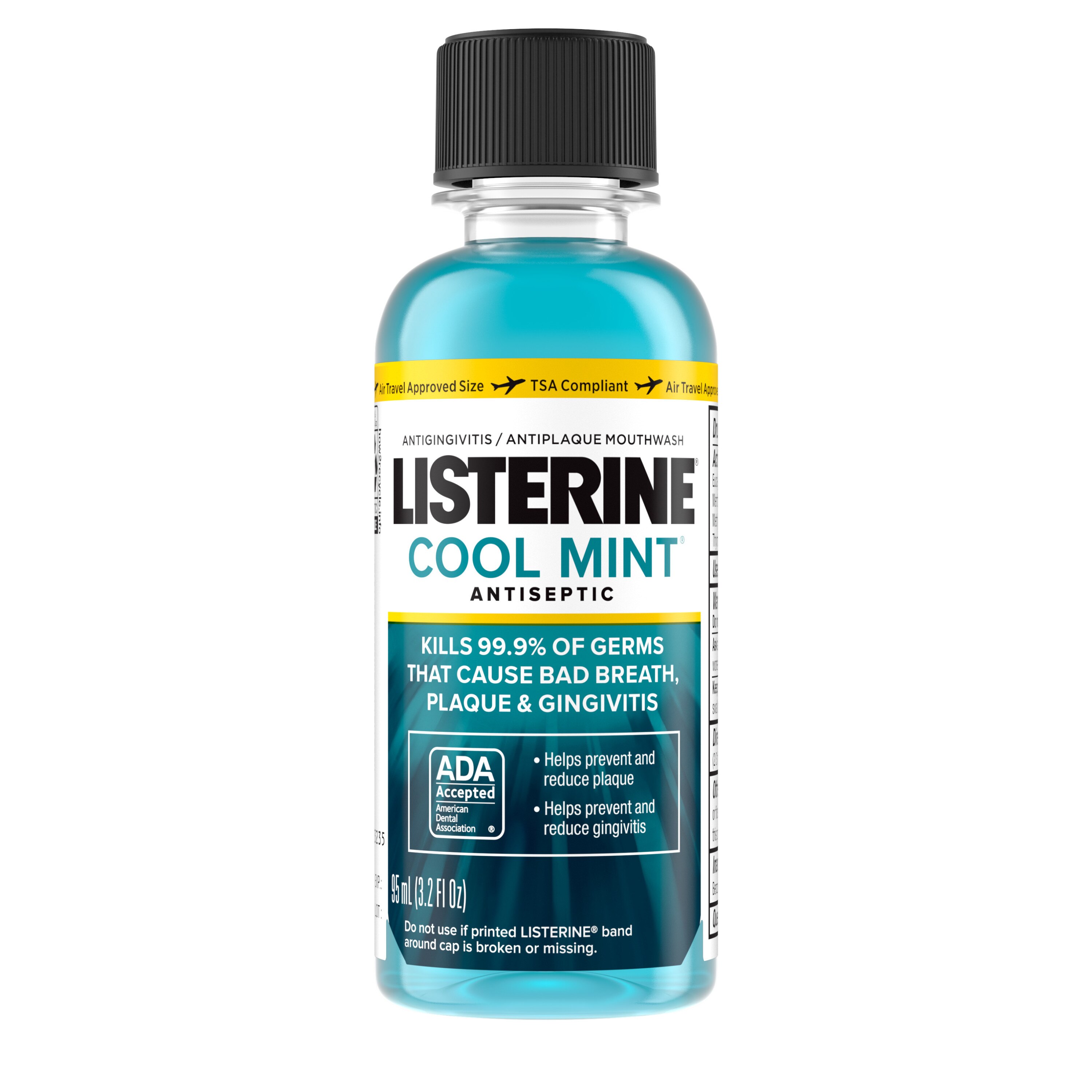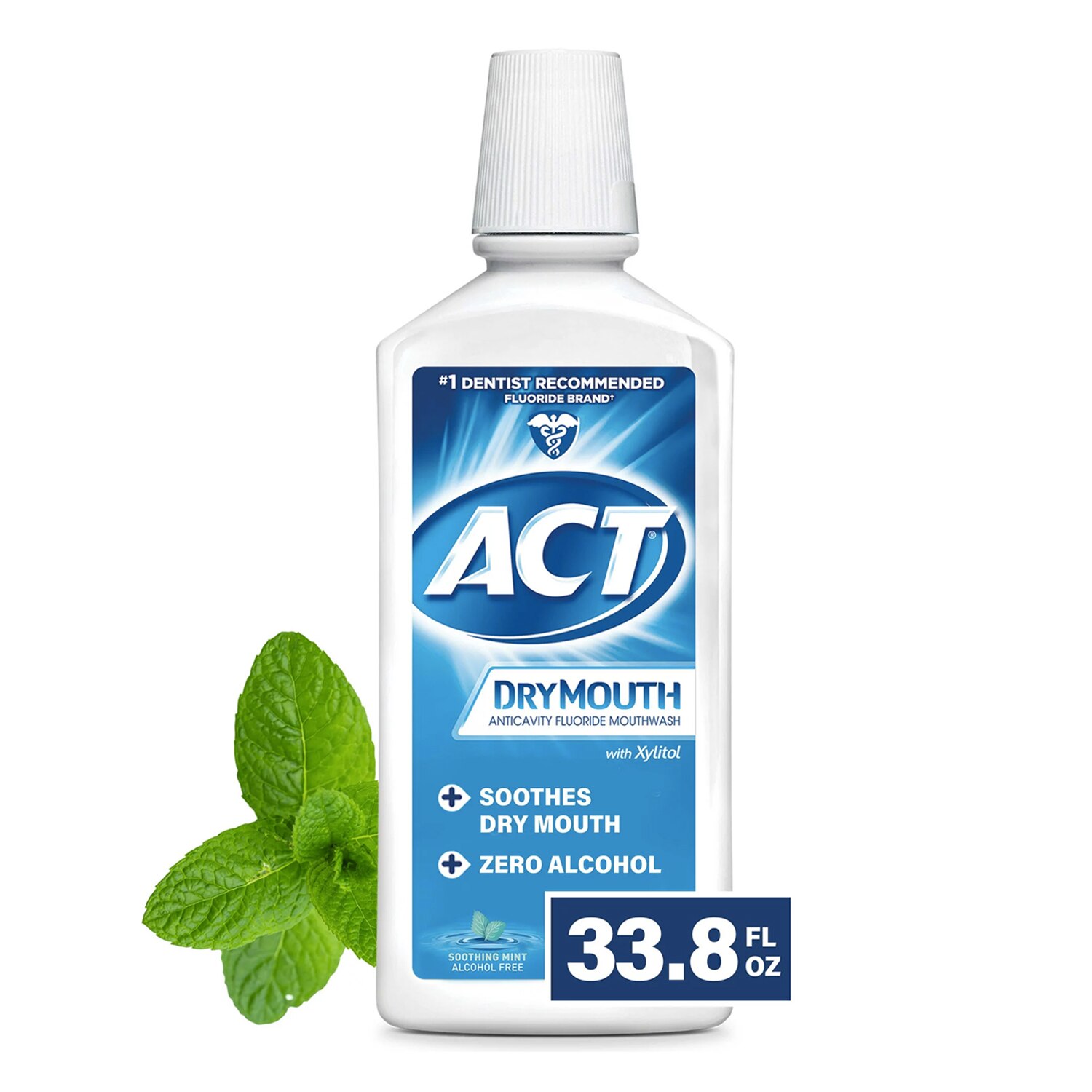Mouthwash
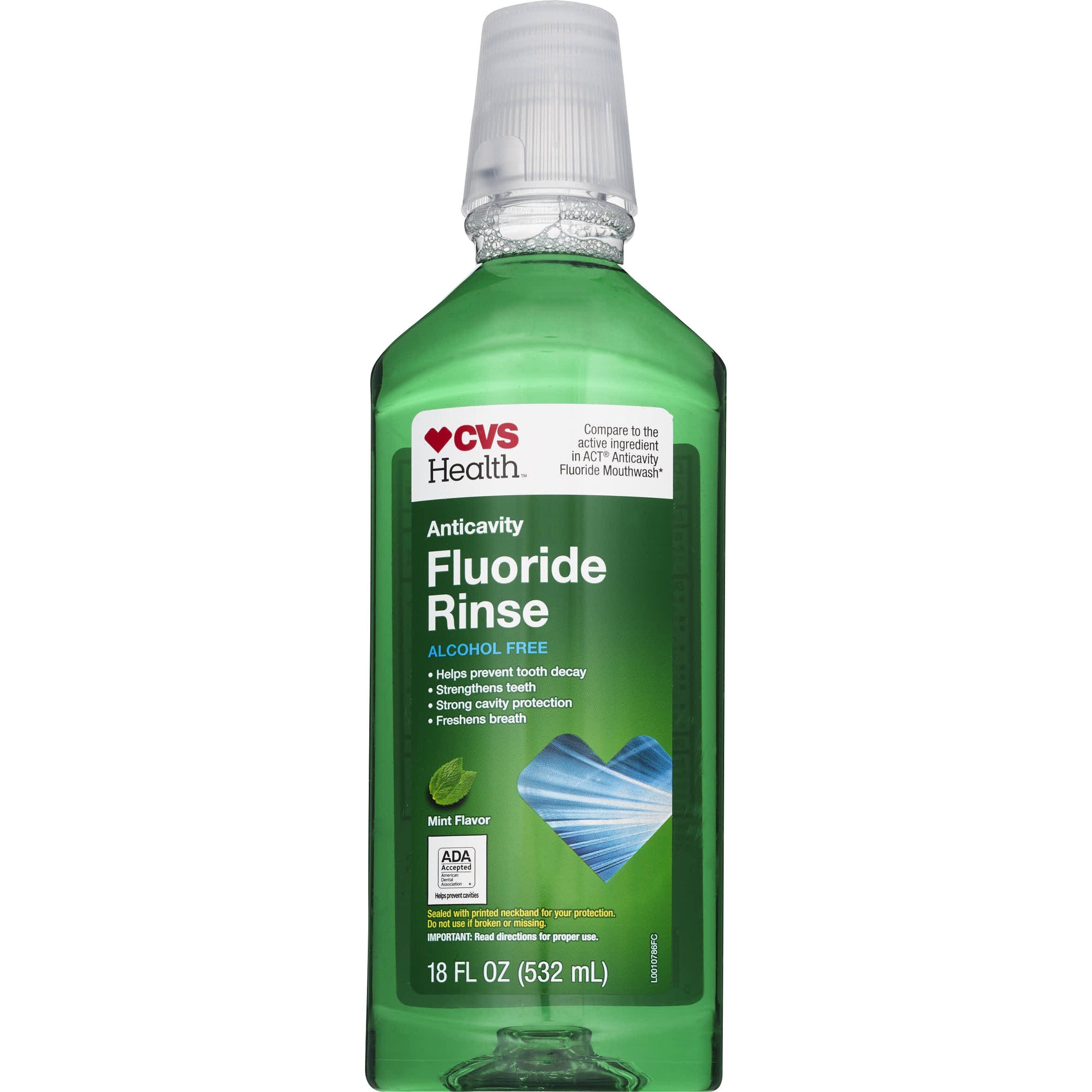
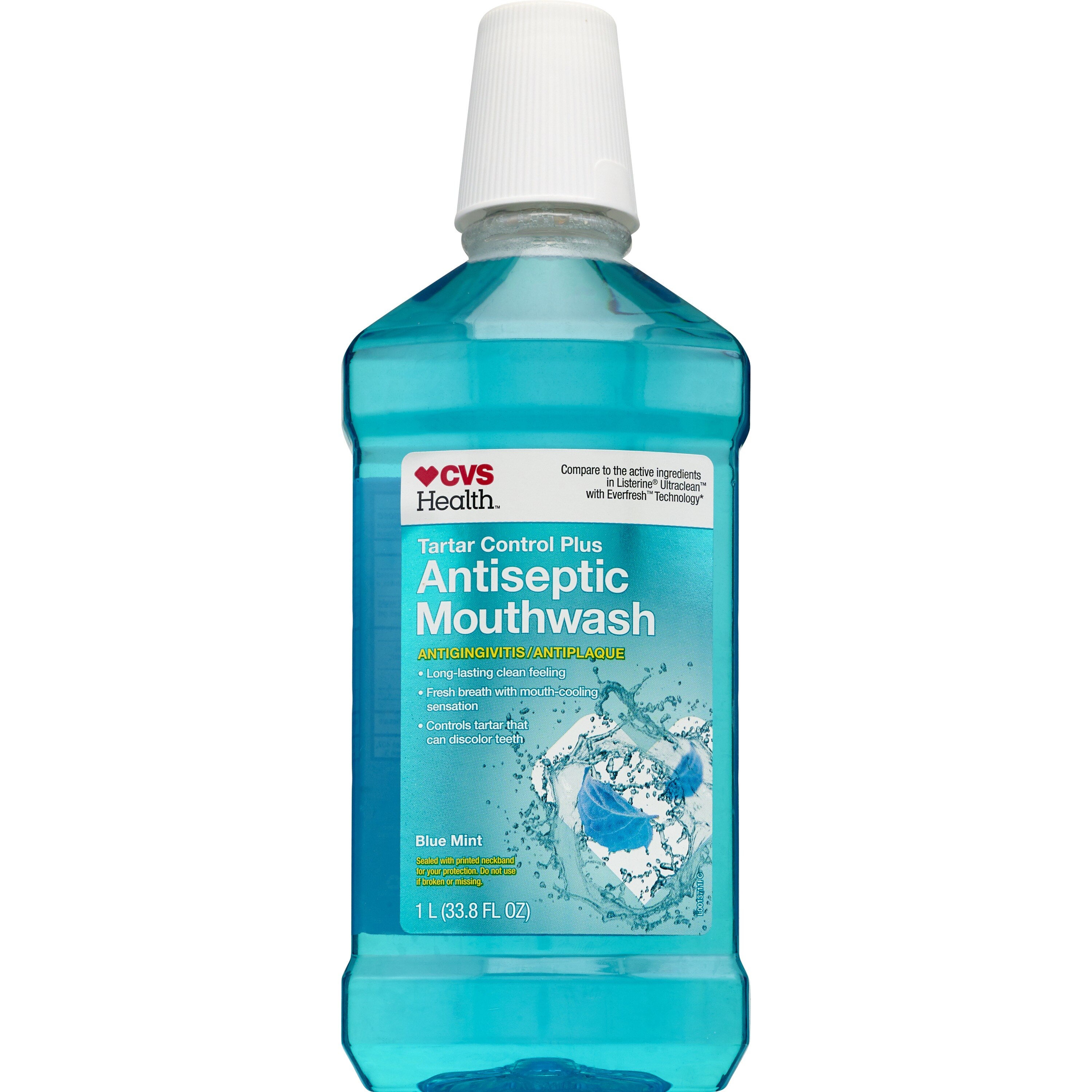
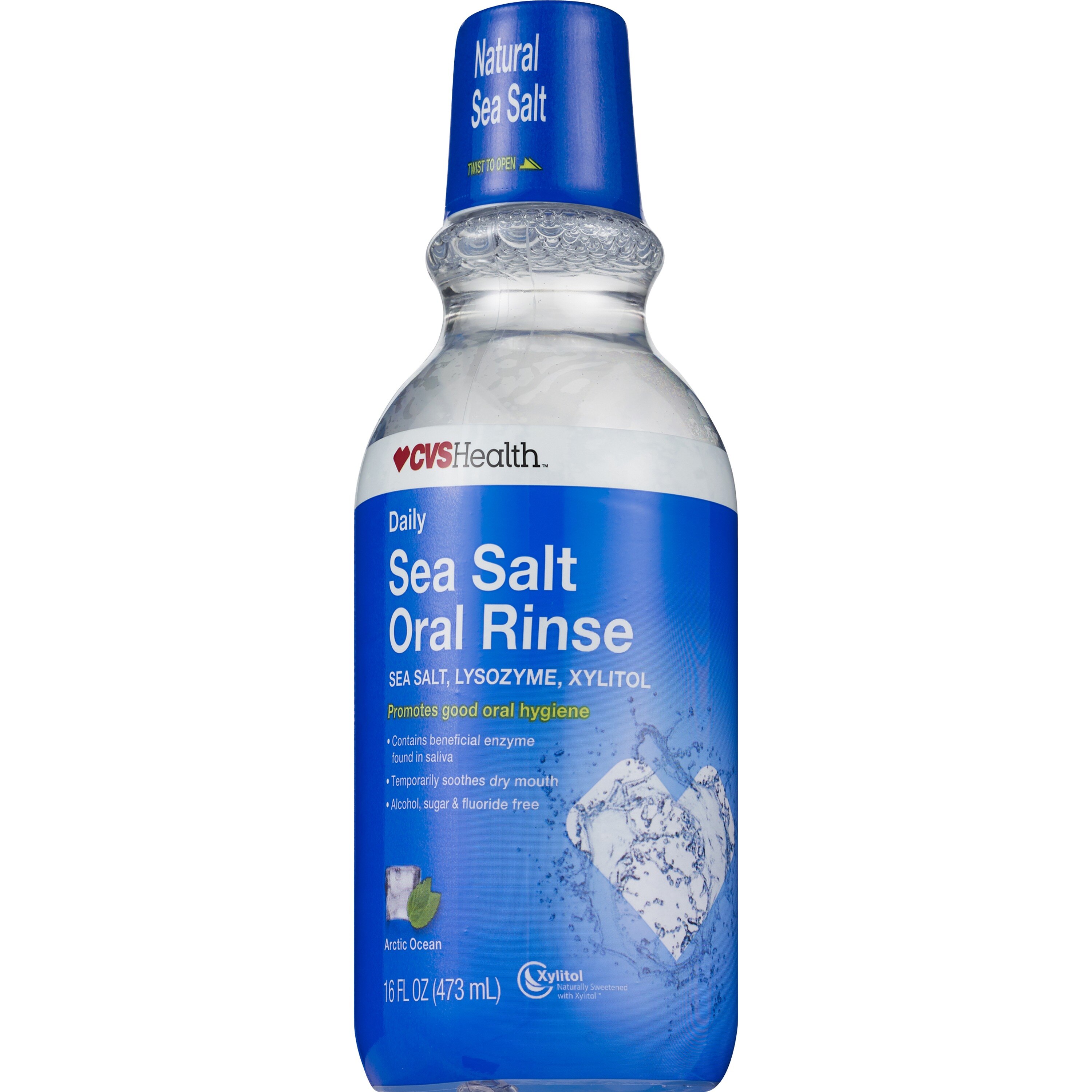
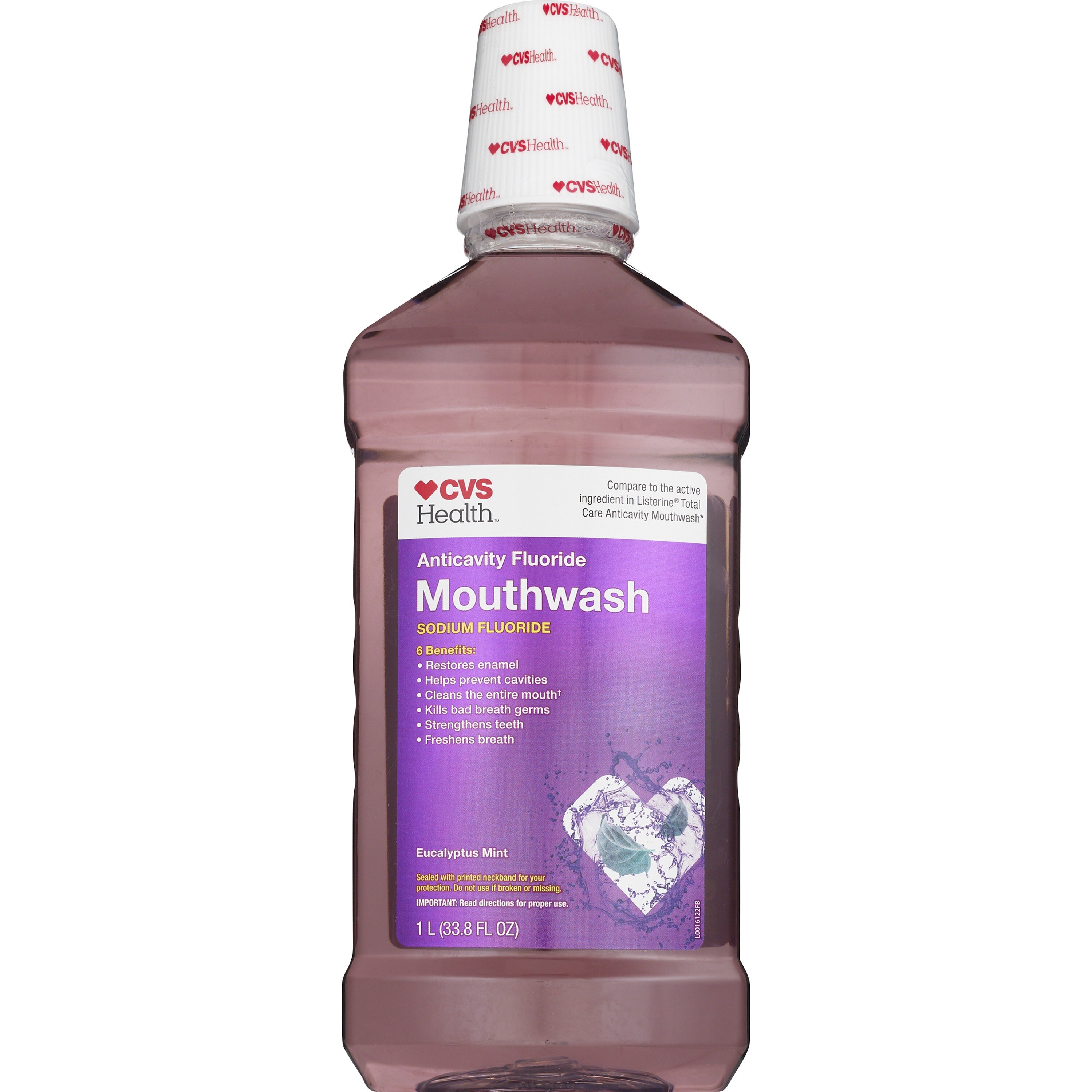

Mouthwash
Brushing and flossing are the start to good oral health and can help to reduce the risk of cavities and gum disease. Dentists often recommend that mouthwash be used along with brushing and flossing for a more complete oral care routine. If your dentist has suggested that you begin using mouthwash, CVS can help you easily find the perfect product for your needs with a diverse assortment of options available for you to shop online. CVS also carries mouthwash for kids.
Best Mouthwash For Bad Breath
Many people use mouthwash simply to promote fresher breath. Some breath-freshening mouthwash work by leaving behind a minty scent that can mask unpleasant odors caused by food, oral care problems, medical conditions, and certain prescription drugs. Other breath-freshening mouthwash also include antibacterial ingredients that help to kill the microbes that contribute to halitosis or bad breath.
Antiseptic Mouthwash
If you are suffering from gum irritation, have gingivitis or gum disease or are at risk for these conditions, your dentist may suggest that you use an antiseptic mouthwash. Antiseptic mouthwash contain hydrogen peroxide and other ingredients that kill bacteria living on the surface of the teeth, gums and soft tissues in your mouth. Using these mouthwashes as directed may improve oral health.
Fluoride Mouthwash
For individuals who are plagued by frequent cavities, the right mouthwash may help to address tooth decay. Mouthwash that fight decay and lower the risk of cavities typically contain fluoride. This mineral is found naturally in the environment. When introduced to the mouth using a rinse or fluoride mouthwash, fluoride strengthens dental enamel, making teeth more resistant to decay.
Mouthwash For Dry Mouth
Dry mouth or xerostomia occurs when glands in the mouth do not manufacture enough saliva. The problem can be caused by aging, certain medications, nerve damage, tobacco and alcohol use and a number of medical conditions. Often, dentists recommend specialty mouthwash to address symptoms of dry mouth like bad breath, difficulty chewing and changes in taste perception. Dry mouth mouthwash coats the entire mouth with lubrication to temporarily alleviate symptoms of the condition.
Whitening Mouthwash
Smoking, food, medications, coffee and wine can all leave behind stains on your teeth. For some people, dentists recommend whitening mouthwashes to address minor stains on the dental enamel. Whitening mouthwashes contain ingredients that help to dissolve the material that builds up on teeth and causes staining. Often, whitening mouthwashes are used along with other products like whitening toothpaste or at-home teeth whitening kits.
Why Does Mouthwash Burn?
Many brands of mouthwash contain alcohol, which can cause a burning sensation inside your cheeks and along the gumline. High concentrations of alcohol may also dry out your mouth, causing it to feel sore or as if it's mildly burning. Another culprit is menthol, which is used to add flavoring to mouthwash and give your breath a fresh, clean feeling. However, menthol is an oil that comes from peppermint, and the cooling properties can sometimes cause a burning sensation. To prevent burning, choose an alcohol-free, menthol-free mouthwash like Biotene Oral Rinse for Dry Mouth to enjoy a clean mouth and fresh breath without the burn.
When to Use Mouthwash?
Using mouthwash is an important part of good oral health, but you shouldn't use it right after brushing your teeth. That's because when you rinse after you brush, it removes the fluoride deposits from toothpaste that are designed to protect your teeth from cavities. Ideally, you should use mouthwash after a meal, such as right after dinner or lunch. Do not eat or drink anything for approximately 30 minutes after using mouthwash. Always be sure to follow the directions as recommended on the product packaging when using mouthwash for best results.
